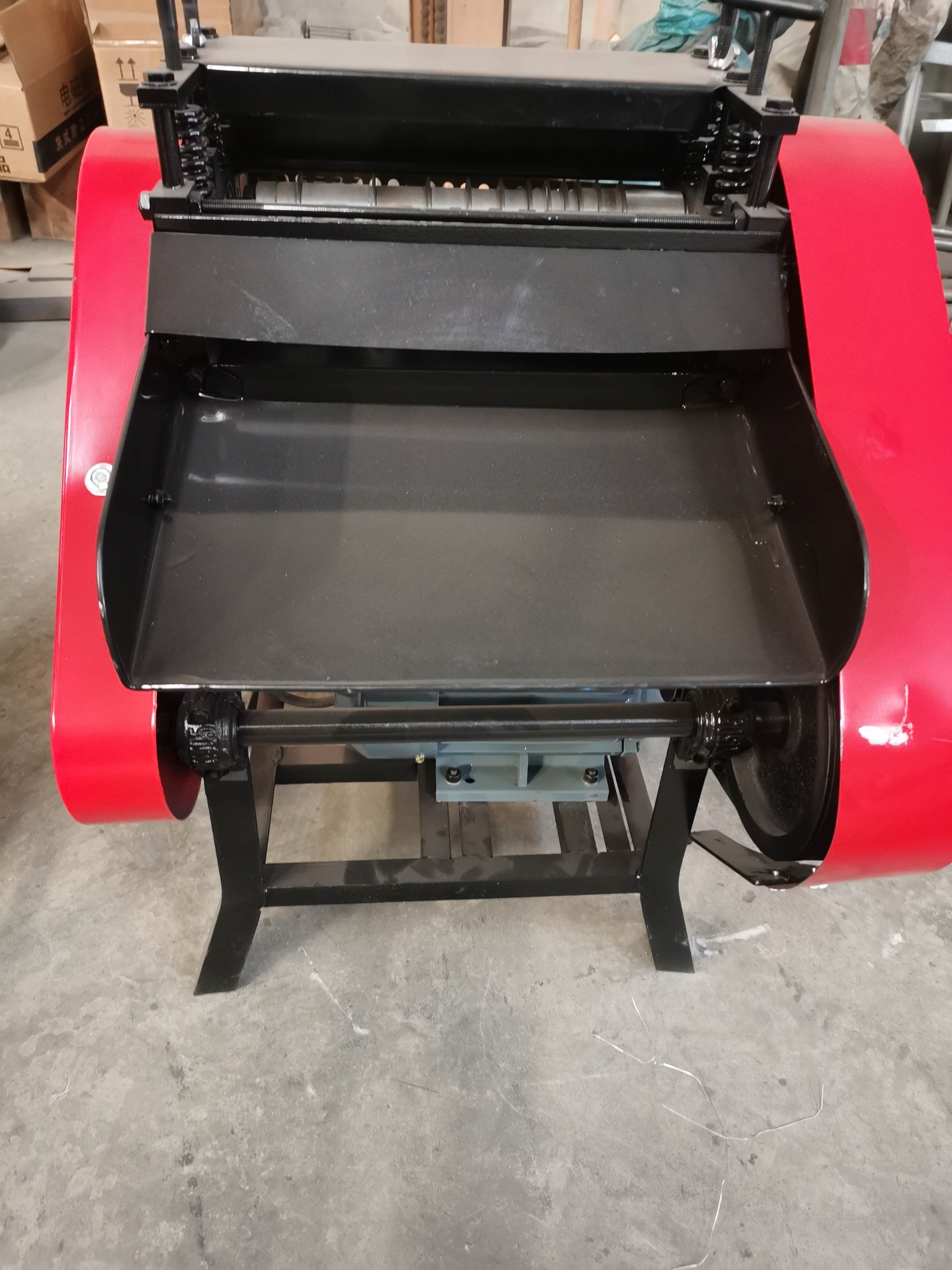

Սպտ . 05, 2024 20:58 Back to list
Non-Ferrous Metal Separation An Essential Process for Recycling and Sustainability
Non-ferrous metals, which include metals that do not contain significant quantities of iron, such as aluminum, copper, lead, nickel, and zinc, play a crucial role in various industries ranging from construction to electronics and automotive manufacturing. As the demand for these metals continues to rise, effective separation and recycling processes become increasingly important. Non-ferrous metal separation not only aids in resource recovery but also contributes to environmental sustainability by reducing the need for mining new materials.
Non-Ferrous Metal Separation An Essential Process for Recycling and Sustainability
One of the primary advantages of non-ferrous metal separation is its contribution to reducing environmental impact. Mining new metals is not only resource-intensive but also fraught with environmental challenges, including habitat destruction and pollution. By recycling non-ferrous metals, industries can significantly decrease their carbon footprint and conserve natural resources. For instance, recycling aluminum saves up to 95% of the energy required to produce it from bauxite ore, making it a highly efficient process.

Additionally, non-ferrous metal separation is vital for the circular economy. By recovering metals from end-of-life products, manufacturers can reintroduce these materials into the production cycle. This not only lessens the reliance on virgin materials but also creates economic opportunities by fostering a market for recycled metals. In many regions, the demand for recycled non-ferrous metals is rising, driven by both environmental legislation and consumer preference for sustainable products.
Technological advancements are continuously improving the efficiency and effectiveness of non-ferrous metal separation. Innovations in sensor-based sorting technologies, for example, allow for rapid and precise identification of different metals, enhancing recovery rates while reducing contamination. These technologies not only make the recycling process more efficient but also help to ensure that the final products meet industry standards.
In conclusion, non-ferrous metal separation is a critical component of modern recycling efforts, aligning economic interests with environmental responsibilities. As the world increasingly shifts towards sustainability, investing in advanced separation technologies and processes will be paramount to harnessing the full potential of non-ferrous metals while protecting our planet for future generations.
Latest news
Troubleshooting Common Eddy Separator Problems
NewsJul.04,2025
The Role of Metal Recycling Plants in Circular Economy
NewsJul.04,2025
The Impact of Recycling Line Pickers on Waste Management Costs
NewsJul.04,2025
Safety Features Every Metal Shredder Should Have
NewsJul.04,2025
How Industrial Shredders Improve Waste Management Systems
NewsJul.04,2025
How Cable Granulators Contribute to Sustainable Recycling
NewsJul.04,2025